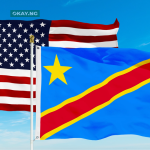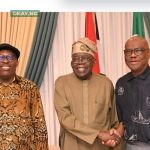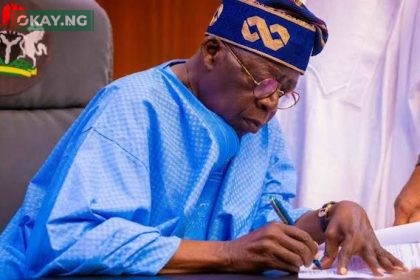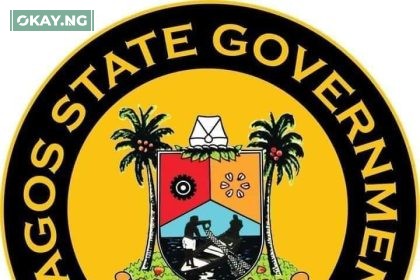Lesotho is in a desperate scramble to mitigate the devastating impact of newly imposed US tariffs, which threaten to obliterate nearly half of the nation’s exports, primarily its vital textile industry.
The sudden imposition of a 50% tariff by the United States, the highest levy on President Trump’s target list, has sent shockwaves through the mountain kingdom, prompting urgent diplomatic action.
Trade Minister Mokhethi Shelile, addressing parliament on Friday, revealed that 45% of Lesotho’s exports, amounting to $237 million in 2024, are destined for the United States, predominantly textiles for renowned brands like Levi’s and Calvin Klein. “We never saw this coming,” expressed Ricky Chang, director of the Nien Hsing textiles factory, a major Levi’s supplier, located on the outskirts of Maseru. “It came as a shocker, an absolute disaster. We will have no choice but to lay off some workers should push come to shove.” Chang’s factory alone produces 440,000 pairs of jeans monthly, showcasing the scale of the potential economic fallout.
The tariffs, part of a broader US trade policy shift, have upended decades of established trade rules, a move critics argue disproportionately impacts developing nations. “The latest policy direction… is shocking,” stated Shelile, highlighting the unexpected nature of the US decision. In response, Lesotho is rapidly assembling a high-level delegation to Washington to engage directly with US officials, aiming “to clarify and how, why Lesotho was included in the list of… such high reciprocal tariffs” and “to try to maintain the current market dispensation.”
Beyond immediate diplomatic efforts, Lesotho is also exploring long-term strategies to diversify its export markets. Shelile emphasized the need to “increase efforts to export to alternative markets, such as the European Union and the Africa free continental trade area.” However, these transitions require time and resources, leaving the nation vulnerable in the immediate future.
The economic ramifications of the tariffs are particularly acute for Lesotho, a landlocked nation of 2 million people, encircled by South African mountain ranges. With a GDP per capita of just $916 in 2023, according to World Bank figures, the kingdom is already among the world’s poorest countries. The textile industry, a significant employer, faces potential mass layoffs, exacerbating existing economic hardships.
Adding to the nation’s distress, President Trump’s recent remark referring to Lesotho as a country “no one has heard of” during a congressional address drew widespread criticism. Foreign Minister Lejone Mpotjoane described the comment as “quite insulting,” underscoring the sense of vulnerability felt by the small nation.
The urgency of the situation is palpable. As I reflect on the potential impact, it’s clear that the tariffs pose an existential threat to Lesotho’s economy. The livelihoods of thousands of workers hang in the balance, and the nation’s economic stability is at stake. The coming weeks will be critical in determining whether Lesotho can navigate this crisis and secure its economic future.
The situation underscores the interconnectedness of the global economy and the far-reaching consequences of trade policy decisions. As Lesotho’s delegation heads to Washington, the world watches, hoping for a resolution that averts a potential economic catastrophe.













